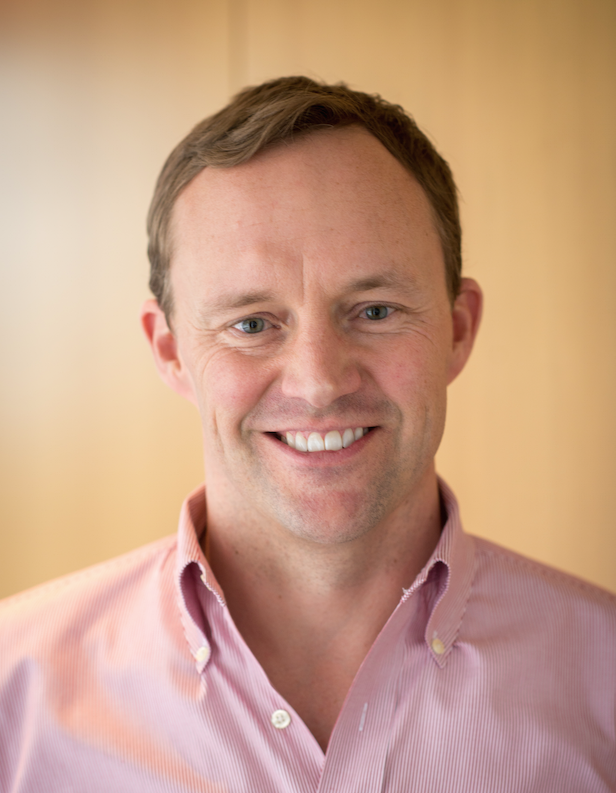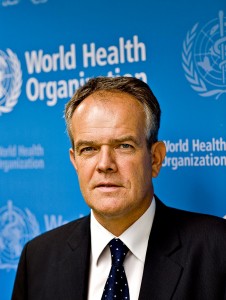
New Bloomberg funds to target road safety in cities
02 October 2014
by Richard Forster
Bloomberg Philanthropies has renewed a five-year US$125 million donation to reduce fatalities and injuries from road traffic accidents through its Global Road Safety Programme.
“This new funding will be targeted to cities where we can make the biggest difference, that have shown the strongest commitment to taking action, and that have the best ideas for making roads safer,” said Michael Bloomberg, Founder of Bloomberg Philanthropies and former Mayor of New York. “And we’ll help those cities work together to share effective strategies–so that even more lives can be saved.”
The programme is a five-year, US$125 million investment to reduce preventable road traffic deaths and injuries in nine target countries: Brazil, Cambodia, China, India, Kenya, Mexico, Russian Federation, Turkey and Vietnam. The World Health Organisation (WHO) is a consortium partner and leads the campaign, the Decade of Action 2011-2020 for road safety.

“City leaders should take the steps needed to make walking and cycling safer and to further develop their public transport network,” Dr Etienne Krug, Director of the WHO Department of Management of Noncommunicable Diseases, Disability, Violence and Injury Prevention, told Cities Today. “Beyond reducing road traffic deaths and injuries, successes in these areas would have other health benefits. In addition city leaders should ensure that legislation, enforcement and awareness exist to guarantee that people stop speeding and drinking and driving and use motorcycle helmets, seatbelts and child restraints.”
A spokesperson for the WHO revealed that the first five years of the campaign have led to changes in legislation and increased awareness on speeding and drinking and driving in Brazil and the Russian Federation; on helmet standards in Kenya; on seat-belts and child restraints in Mexico; and on drinking and driving and motorcycle helmets in Vietnam, among others.
Behavioural change has had success too in increasing seat belt use among all front-seat passengers from around 4 percent to 50 percent in Afyon and from around 21 percent to 35 percent in Ankara, Turkey from 2010 to 2013; and an increase from below 10 percent to around 90 percent of rates of motorcycle helmet use in Vietnam.
“Key achievements of the programme so far include the fact that over 1.8 billion people are now covered by strengthened road safety laws,” added Dr Krug. “Sixty five million people have been exposed to hard-hitting media campaigns promoting road safety, close to 30,000 professionals have been trained on road safety tactics, and local governments have committed US$225 million towards infrastructure improvements that will make roads safer.”
The US$125 million donation will be distributed via grants with assistance from the world’s leading experts in road safety. The selected locations aim to establish a network of municipal leaders who commit to implementing new efforts to save lives and protect their citizens from injuries. The selected locations will be announced by January 2015.
[youtube]https://www.youtube.com/watch?v=aNfNcXpLDIg[/youtube]








